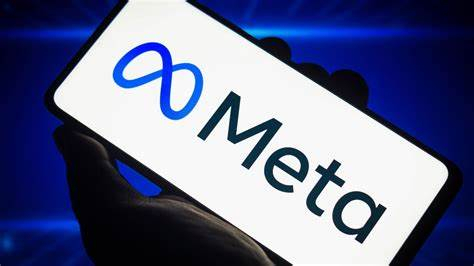Meta Platforms, the owner of WhatsApp, won a significant victory in a long-running legal battle against the Israeli spyware maker NSO Group. A U.S. jury in California last month awarded $168 million in damages to WhatsApp users after ruling that NSO illegally hacked them using the spyware.
This case represents the first major court ruling against a spyware developer and serves as a warning to those whose business model includes a general disregard for digital privacy and cybersecurity.

This case has its roots in 2019, when WhatsApp accused NSO of secretly hacking into phones with its Pegasus spyware. The app enabled attackers to read messages, access data, and even track users.
Some 1,400 people, among them journalists and human rights workers, were affected. In December 2024, a judge found that NSO had violated U.S. hacking laws and breached WhatsApp's terms of service.
The final verdict, handed down last week, awarded Meta $444,719 in actual damages and $167.3 million in punitive damages. Meta welcomed the verdict, describing it as a major step for online safety. "This is a big win for privacy and for people everywhere who rely on WhatsApp to communicate securely," Meta said in a statement.
NSO Group, renowned globally for its Pegasus spyware, added that it would review the ruling and might appeal. The company has long maintained that its software is sold only to governments for the purposes of fighting crime and terrorism. But reports over the years have indicated that Pegasus was used in countries including Mexico, Saudi Arabia, and Spain to spy on critics, journalists, and political opponents.
New details about NSO emerged during the trial. The company has a research team of 140 people and an annual budget of $50 million. It counted clients in places such as Uzbekistan, Saudi Arabia, and Mexico. NSO withheld the names and activities of most of its clients. It also declined to provide some evidence in court. The judge said that this lack of transparency contributed to the gravity of the case.
Digital rights experts say the ruling is a landmark. "Spyware makers now know that they can be held legally accountable if they use their spying tools to help others commit abuses or if they intend to profit from those abuses," said Natalia Krapiva of Access Now, a digital rights group. She says she wants the case to result in better protections against abuse of spyware.
The ruling also offers hope for victims of digital spying, who have typically struggled to hold companies such as NSO to account. Spyware companies had previously claimed to be immune, insisting that they sold tools and had no control over them. This decision challenges that assumption.
Meta said it would donate any monetary damages it collects to groups working to support internet freedom. The company is also seeking to prevent the court from allowing NSO to target WhatsApp in the future.








